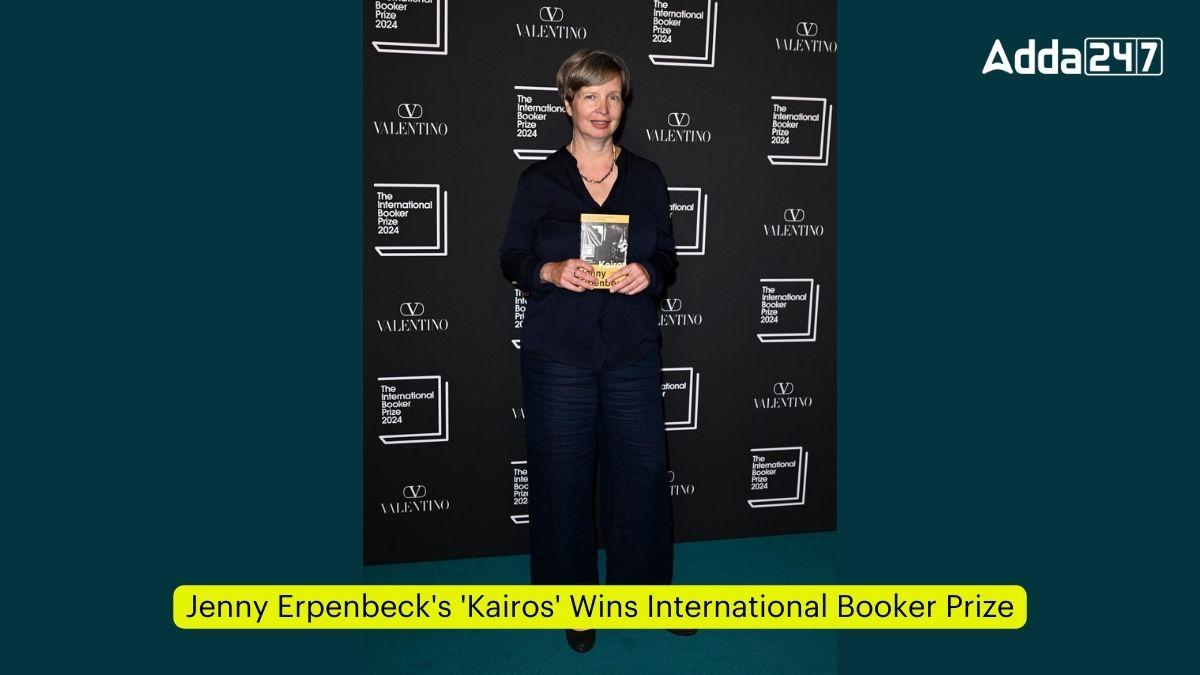German author Jenny Erpenbeck and translator Michael Hofmann have won the prestigious International Booker Prize for their novel “Kairos.” The book, which tells the story of a tangled love affair during the final years of East Germany’s existence, beat out five other finalists from a pool of 149 submitted novels.
Honoring Literary Excellence
The International Booker Prize recognizes fiction from around the world that has been translated into English and published in the UK or Ireland. The £50,000 ($64,000) prize money is divided equally between the author and the translator, celebrating their collaborative efforts in bringing literary masterpieces to a wider audience.
A Richly Textured Evocation
Eleanor Wachtel, the chair of the five-member judging panel, praised Erpenbeck’s novel as “a richly textured evocation of a tormented love affair, the entanglement of personal and national transformations.” Set in the dying days of the German Democratic Republic (GDR), leading up to the fall of the Berlin Wall, “Kairos” captures the complexities of a society undergoing profound change.
Capturing the Eloquence of Prose
Wachtel commended Hofmann’s translation for capturing the “eloquence and eccentricities” of Erpenbeck’s prose. The translator, who is the first male to win the International Booker Prize since its current form in 2016, acknowledged the synergy between his style and the author’s, describing the English-language book as “a mixture of her order and my chaos.”
Celebrating Diverse Voices
The International Booker Prize was established to boost the profile of fiction in other languages and to recognize the vital work of literary translators, who often go unacknowledged. By honoring Erpenbeck and Hofmann, the prize celebrates the rich diversity of voices and perspectives in global literature.
A Spotlight on East German History
For Erpenbeck, a native of East Berlin, the award shines a spotlight on the history and experiences of those who lived through the tumultuous era of the GDR’s dissolution. As Wachtel noted, the novel “starts with optimism and trust, then unravels so badly,” mirroring the trajectory of the once-promising communist state.
As we celebrate the winners of the International Booker Prize, we are reminded of the power of literature to transcend borders and connect us with the human experiences of diverse cultures and histories.



 Rajbhasha Gaurav Samman 2023-24 Award Ce...
Rajbhasha Gaurav Samman 2023-24 Award Ce...
 10th National Community Radio Awards ann...
10th National Community Radio Awards ann...
 Shah Rukh Khan, First Indian Actor, Hono...
Shah Rukh Khan, First Indian Actor, Hono...
